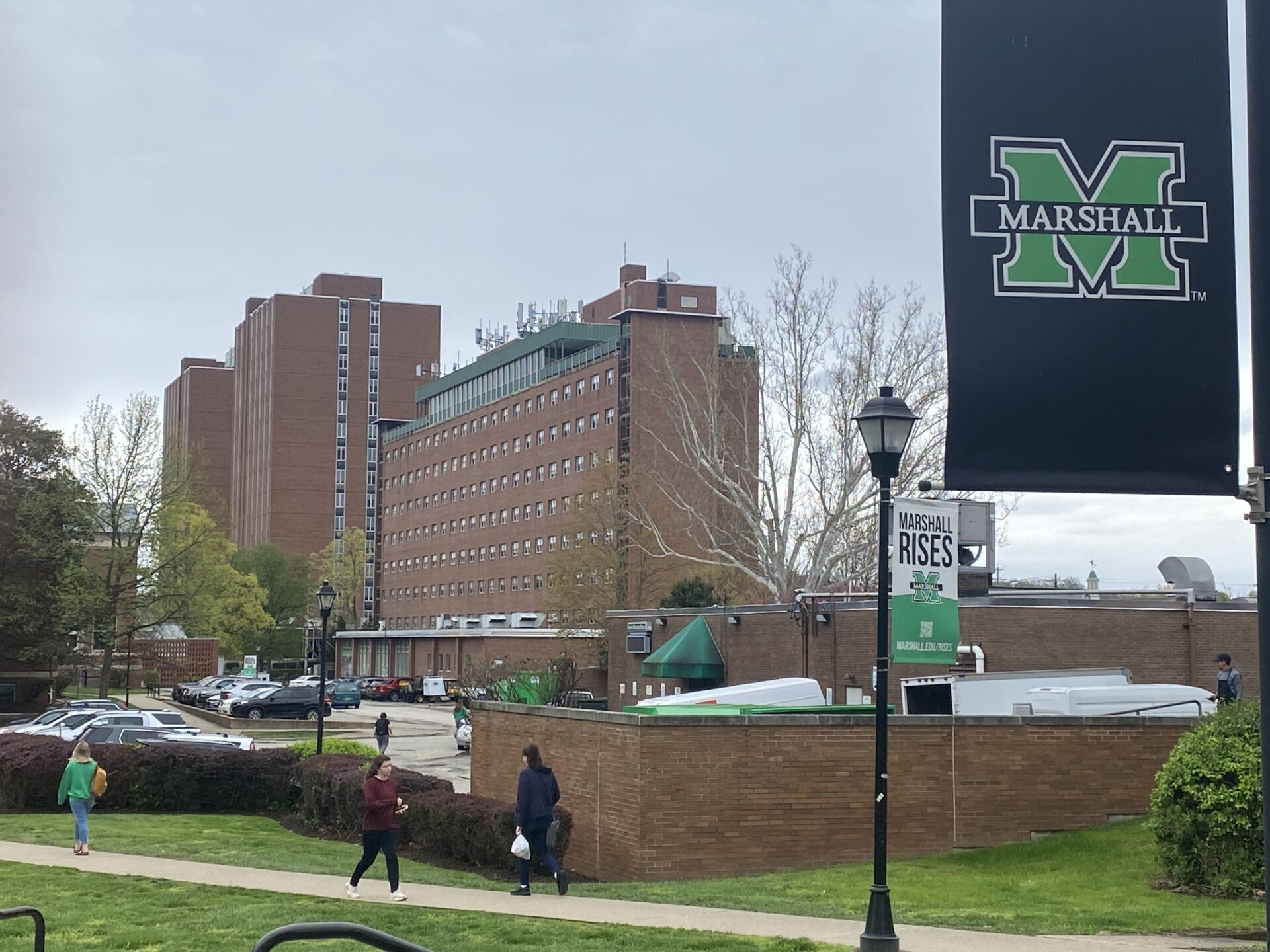After years of failed attempts, Senate Bill 10, the Campus Self-Defense Act, also known as Campus Carry, passed in the recently completed legislative session. The new law authorized the concealed carry of firearms in certain areas of college and university campuses. It takes effect July 1, 2024.
West Virginia’s institutions of higher education largely opposed campus carry. Campus leaders at big and small schools said they’ll need that much time to prepare.
Marshall University’s enrollment is a little more than 13,000. In the Eastern Panhandle, Shepherd University has just over 3,000 students. Both schools have campus carry committees and task forces that include administration, faculty, staff and students. Marshall Director of Public Safety Jim Terry said there are a wide variety of policy decisions on the table.
“We have a small group of senior leadership,” Terry said. “We’ve put together an action learning team made up of constituents from every facet of the university to go out and look at best practice, best policy.”
Holly Morgan Frye, vice president for Student Affairs, and the director of Community Relations at Shepherd University, said her school’s campus carry task force also includes attorneys and members of the residence life team.
Both schools now allow no firearms on campus. SB10 will permit concealed carry in classrooms and public areas, but not in stadiums and day care facilities. Frye said Shepherd’s key concern highlights student mental health and suicide issues.
“Everybody knows that the mental health issues on a college campus are on an increase,” Frye said. “We are getting ready to hire a fourth counselor. We have an enrollment of a little more than 3,000, and we feel that it’s critical that we have that fourth counselor because of the mental health issues.”
Marshall senior Abbey McBrayer said the chilling, anxious effect of COVID-19 still lingers on campus. She said campus carry could make it worse.
“A lot of people my age still feel uncomfortable being out on campus and going to like classrooms and things like that,” McBrayer said. “I think knowing that somebody could just have a gun in a classroom is kind of going to add to that. And then I mean, our counseling services are already kind of bogged down.”
Frye said she worries whether campus carry will affect enrollment for border schools like Shepherd. She believes the costs of ensuring campus safety will demand a larger police force.
Terry said the initial estimate for Marshall’s firearm security could reach $400,000, while Frye said the Shepherd cost could be several times that. Both point to residence halls, where guns are not allowed in dorm rooms, but are allowed in lunch rooms and lounges.
“I think that we’re going to have to be providing safes in order for any of our residential students who choose to carry to be able to lock those guns away when they are in their residential rooms,” Frye said. “We have already heard from our residential assistants with concerns about how they will manage that. For example, what will they do if they see somebody who has a gun? What will be the process?”
Terry said the school will have to create a new firearms policy when secondary school age visitors use campus facilities and with campus buildings jointly owned by public and private entities. He said there are no provisions in the law made for violation of campus carry policies, civil or criminal.
“We’re going to have to get with the county prosecutor,” Terry said. “There are no criminal statutes and there are no penalties attached to that code. If a person sees half a holster sticking out from underneath a jacket, and they call it in, he’s not violated the law. But we have nothing in place for a shirt raising up or something like that.”
Marshall freshman Jonathan Willman agreed with all the safeguards and security measures needed. However, he sees campus carry as a defensive necessity.
“I plan to carry myself when I get my concealed carry license,” Willman said. “We aren’t the people you have to worry about, it’s the people that break the laws. The bill allows kids to be able to defend themselves from people like that, who are already breaking the law and shooting up schools and campuses.”
